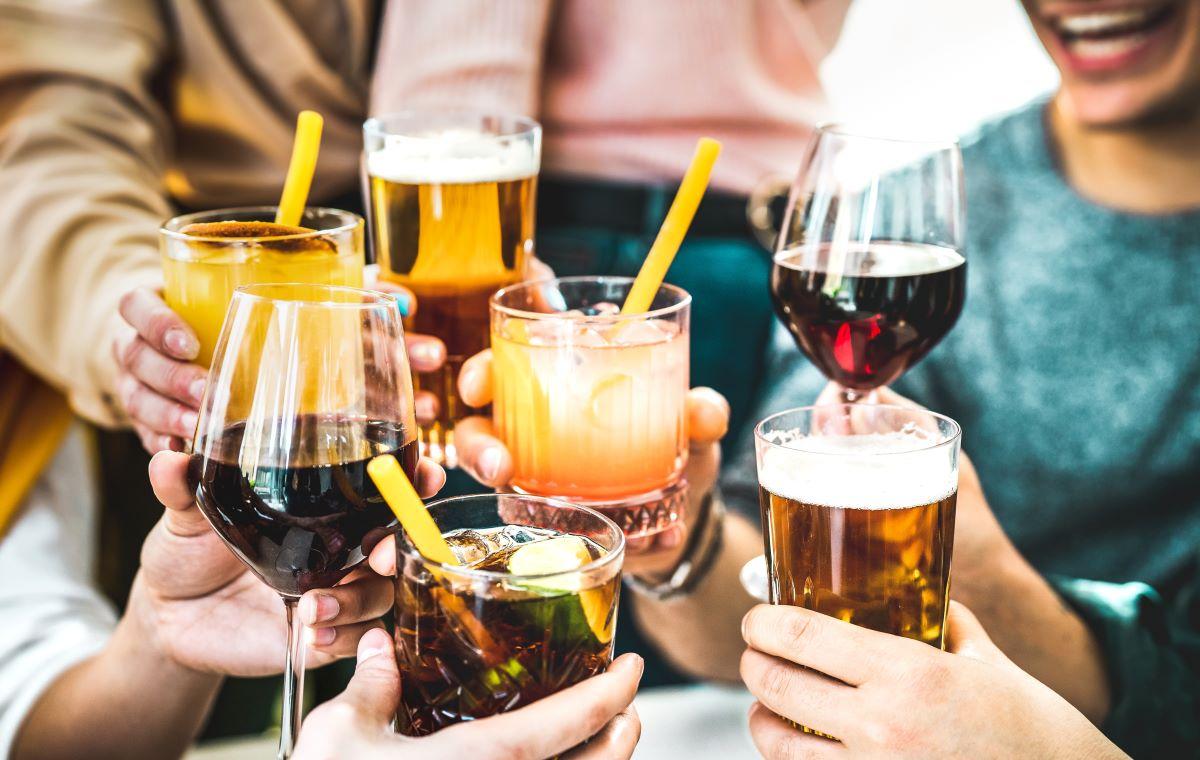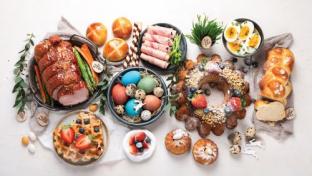Gen Z's Impact on Beverage Trends Grows
Members of Generation Z in their early to mid-20s are having a significant impact on the beverage category as this up-and-coming consumer group’s demands are propelling innovation in flavor profile, packaging, and product formats, according to the "State of the CPG Beverage Alcohol Industry" report from Circana.
Variety packs stand out as the top-selling ready-to-drink (RTD) format, outselling single-flavor packs. To meet evolving consumer demands, brands are innovating with crossover products, with an increasing number of non-alcohol brands venturing into the beverage alcohol space. RTD cocktails that resonate with Gen Z consumers aged 21-26 often feature higher alcohol-by-volume content, are made by recognizable brands, and have packaging suitable for diverse occasions.
[Never miss a story – sign up for Progressive Grocer's FREE Daily newsletter]
One category that continues to hold broad appeal is RTD cocktails and hard seltzers. Despite a slight softening in sales, these convenient offerings remain widely popular across different age groups and household income cohorts. The RTD category has more than tripled since 2018, reaching $10.3 billion in sales in 2023.
“Today’s beverage alcohol consumers prioritize convenience and desire innovative experiences,” said Scott Scanlon, executive vice president of Alcoholic Beverages at Circana. “Exciting flavor profiles will remain a key driver of innovation in this space. Brands that want to remain competitive should explore opportunities to elevate their offerings, incorporating premium ingredients and packaging.”
There is a noticeable trend among consumers shifting from value to premium options in both the beer and wine categories. Gen Z consumers aged 21-26 tend to prefer sparkling wines and those with fruity or sweet notes. In the beer category, sales remain robust, particularly in the convenience channel. Gen Z consumers aged 21-26 also show a preference for a variety of beer options, including flavored alternatives, Mexican imports, and economy brands.
Among all food and beverage departments, beverage alcohol has experienced the least inflation in recent years. This stability presents an opportunity for beverage marketers to emphasize value, enhance in-store experiences, and increase engagement through store apps and social media channels, the report said.
To capitalize on holidays and everyday celebrations, Circana officials said marketers should remind consumers of the role beverage alcohol can play in these moments. The use of high-quality ingredients, unique flavor profiles, and innovative packaging is key.
This article originally appeared in sister publication Store Brands.







